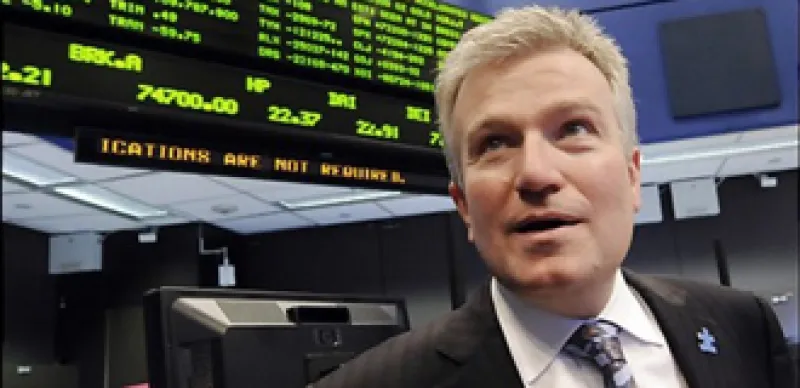
Deutsche Börse, NYSE Euronext Deal Heralds Era of Global Exchanges
Technology, the growth of derivatives trading and the rise of emerging markets, particularly in Asia, are driving the merger activity.
Tom Buerkle
March 14, 2011


